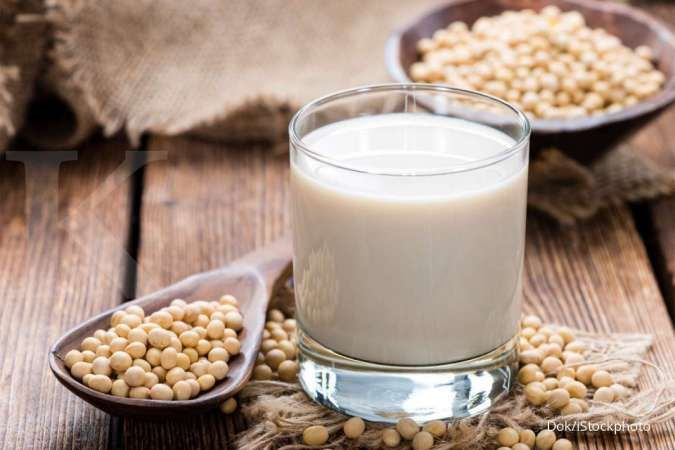UNAIR NEWS – The Covid-19 pandemic is still a problem that must be faced in various parts of the world, including Indonesia. The increasing number of confirmed cases of Covid-19 is in line with information about recovering from the virus. Even some time ago, a video showing people storming a shopping center and panic buying a milk brand said to be able to recover from Covid-19.
Stefania Widya Setyaningtyas, S.Gz, MPH, a nutritionist, said that milk is a source of protein, calcium, and vitamin D. However, milk is not the only source that can fulfill these nutrients. “When you can’t drink milk, or there is no milk available to meet your nutritional requirements, you can replace it with other sources, such as tofu, tempeh, meat, nuts,” explained the lecturer of the Department of Nutrition, Faculty of Public Health, Universitas Airlangga.
There are various types of milk, such as UHT, pasteurized, and sterilized. All three have differences in the heating process carried out and their shelf life. “UHT milk is heated to a very high temperature and fast time. Pasteurized milk is heated to a temperature of approximately 70 degrees Celsius, and sterilized milk is heated to a temperature of approximately 100 degrees Celsius. Usually, the storage period for sterilized milk is longer than the others,” she explained.
Stefania further emphasized that milk cannot increase the body’s immune system. “Our body’s immune system already has a working template; what we can do is to optimize the immune system, but it cannot be increased,” she said.
Meanwhile, vitamin C is proven effective in reducing the symptoms of influenza. “Vitamin C has the capacity as an antioxidant that can help reduce inflammation by removing the remnants of the body’s immune cells,” said Stefania.
“Consuming high doses of vitamin C when suffering from an infection can be beneficial, but if it is not in a condition of actual infection, however excessive vitamin C consumption will not give any significant impact. Actually, the body already has a regulatory mechanism to maintain vitamin C levels in the blood,” she added.
Indonesian people need about 75 mg of vitamin C in adult women and 90 mg in adult men. The body will eliminate excessive vitamin C. Vitamin C can be obtained easily from ingredients available in nature, such as in fruits. In addition, vegetables also contain vitamin C. However, the heating process can reduce the amount of vitamin C significantly.
“We can get vitamin C by consuming one medium-sized guava or cashew, one medium-sized banana, half a slice of papaya, and one medium-sized mango,” she concluded.
Author: Icha Nur Imami Puspita
Editor : Khefti Al Mawalia





